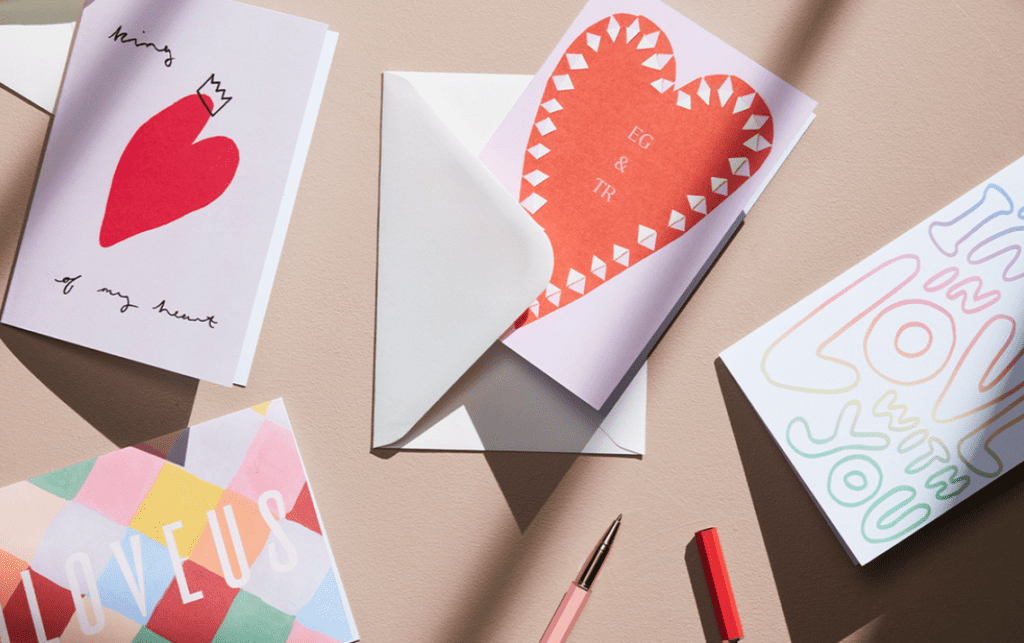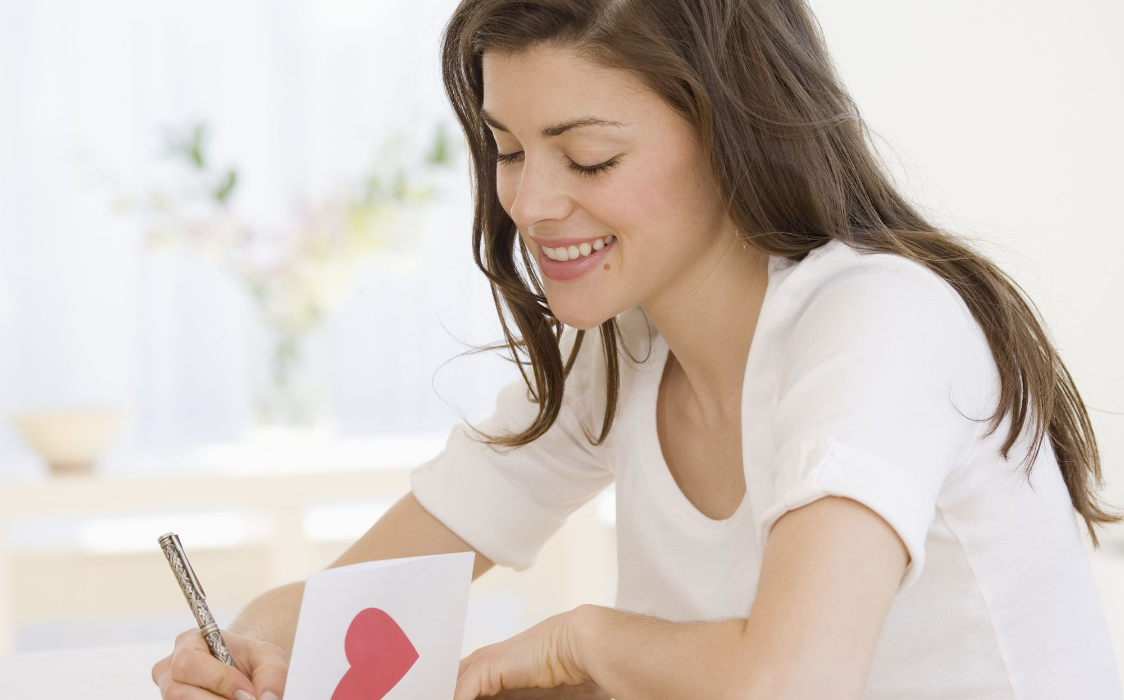Last Updated on February 16, 2023 by Rachel Hall
Introduction
There’s sad news in the UK: kitsch, cutesy Paperchase is closing down. The retailer is currently trying to offload lots of stock by giving discounts and sales, including the rather hilarious “buy two, get one free” offer on Valentine’s card. It’s great news for the kids who give them to their mum, granny and teacher, and anyone in a polyamorous relationship, and made me think I should get three for my partner. Eventually, I decided to stick to one and also treat myself to a pen with a soft avocado on top. You know, the essentials. Now all I have to do is think of something to write.
Expressing yourself is hard
Trying to work out what to send is always a bit of a challenge. I write professionally, but I often find it hard to express how much I love my partner and appreciate our relationship. I want to write a lot, but when I’m sitting down, pen in hand, my mind often goes blank. So here are some top tips and bits of advice to get you started.
“do”s and “don’ts”
Firstly, avoid cliches like the plague. They’re bland, generic and uninspired, which isn’t really the vibe we’re going for. If you want to express your love, think about the things that make your significant other unique, like special pet names or inside jokes, and add these throughout your message. If you’re married, you could reference a song played at your wedding, or a passage from your partner’s favourite book, or something that calls back to your past. Some people like romantic quotes, but I think they can be a bit trite unless they actually relate to your relationship. However, if that’s what your partner appreciates, then go for it.

Make it personal
Think about the things which your partner likes. If they’re funny, add some jokes. If they’re fans of Star Wars, add a reference. If they’re opposed to Valentine’s day, make a tongue-in-cheek remark about this fact. There are a million other examples, but what’s important to remember is that you don’t have to be serious all the time, but if earnestness and sincerity are things your partner appreciates, make sure you add some extra emotions.
Get sentimental
Talk about things in the past or future that your partner cares about. Tell them what you thought on your first date, or talk about how you’d describe it to your grandchildren. Perhaps you’ve got a big romantic trip coming up, and you’d like to tell them how much you’re looking forward to that – or just what you’re planning on doing to them that evening. You could even write about things you wish to do in the future, even if it’s not likely to happen any time soon. Nostalgia is potent, and you can use that to your advantage, so think about past Valentine’s days, anniversaries, or other romantic moments. They don’t have to be big or splashy.
Plan ahead
Take the time to think about what you want to write in advance. Make some notes, look through photographs for inspiration and sit down with a clear idea of what you want to convey. You don’t need to write a whole love letter, but some substance is nice and it’s always frustrating to think of something you wanted to mention after you’ve licked the envelope. Perhaps that’s the advantage of e-cards!
Meeting someone new
When I think of Valentine’s cards, I usually assume they’re being sent to someone’s existing significant others, but some people use Valentine’s day as an opportunity to try and romance someone new. I think that’s a lot of pressure to put on a first date, but if you’re into big gestures, then I hope they work! The other option is to send your crush a Valentine’s card expressing your feelings and see how it goes. I definitely think this is very romantic, but I do think you should sign your name at the end. Own up to how much you like them!
Conclusion
Falling in love is one of the most incredible experiences anyone can have. Trying to convey that on a little piece of paper with a love heart on the front is pretty difficult, and lots of us struggle to express our emotions. That’s why it’s a good idea to take some time and not just scribble something on the spot. Don’t worry, your partner won’t be expecting Shakespeare, just something kind, loving and from the heart. You’ve got this!
Rachel Hall, M.A., completed her education in English at the University of Pennsylvania and received her master’s degree in family therapy from Northern Washington University. She has been actively involved in the treatment of anxiety disorders, depression, OCD, and coping with life changes and traumatic events for both families and individual clients for over a decade. Her areas of expertise include narrative therapy, cognitive behavioral therapy, and therapy for traumatic cases. In addition, Rachel conducts workshops focusing on the psychology of positive thinking and coping skills for both parents and teens. She has also authored numerous articles on the topics of mental health, stress, family dynamics and parenting.

